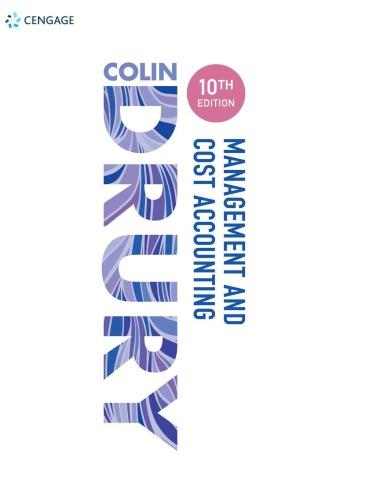Although the apex of ZBBs popularity in the late 1970s is long past, there has been renewed
Question:
Although the apex of ZBB’s popularity in the late 1970s is long past, there has been renewed interest in ZBB in today’s environment of fiscal constraint, says Shayne Kavanagh in an article published in Public Finance. He cites a recent Government Finance Officers’ Association (GFOA) survey that shows that an increasing number of leading public budget practitioners (44 per cent of all respondents) are considering ZBB, and just over 20 per cent of those say they are now using ZBB. The GFOA’s research found that ‘textbook’ ZBB is extremely rare. Instead, the term ZBB refers to budgeting methods that borrow elements of pure ZBB but do not conform to the theoretical ideal. According to GFOA’s research, those describing themselves as using ZBB tend to fall into two major categories. The first category is termed zero-line-item budgeting (i.e. each line in the budget lists the budgeted expenditure by each expenditure category), and focuses on determining if inputs are reasonable given the expected output. This method seeks to create greater transparency in how line items are arrived at by requiring detailed justifications of line-item requests in lieu of pointing to prior years’ allocations as the justification. The second category, called service-level budgeting, presents decision-makers with different service levels and asks decision-makers to choose between them, thus focusing on the question of which level of service should be funded within a programme or department. In service-level budgeting, departments concentrate on presenting decision packages and service levels with associated metrics, while there is less emphasis on detailed input estimates.
Question:
1 Why has there recently been renewed interest in ZBB?
Step by Step Answer:






